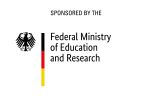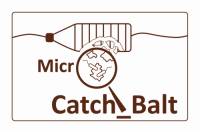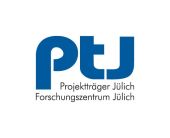Project "MicroCatch_Balt"
One System: Analysing Microplastics Sinks and Sources from a typical Catchment area to the open Baltic
MicroCatch_Balt will focus on the determination of inland sources and sinks of microplastics (MP) and the relevant fate processes on its pathways to the open Baltic Sea within the exemplary Warnow catchment area. It will provide a unique set of coupled models covering the entire catchment area together with the estuary and coastal waters. The set of models will be used to identify hot-spot areas of MP-input and to forecast the impact of MP-reduction measures within subareas of the catchment area and on the Baltic Sea.
Transferring these models into multimedia applications will create valuable interactive learning modules on a multi-touch table, which will be at the centre of a travelling exhibition to be shown in municipalities along the German Baltic Sea coast from Stralsund to Flensburg. Thus, we will offer access to most current research results highlighting the consequences of plastic litter in the immediate vicinity of the visitors with a direct reference to their own individual behaviour. It is important to stress that MicroCatch_Balt will include the investigation of boat paints, extreme events as sources and higher organisms as sinks. These previously nearly neglected aspects have been identified as essential gaps in the overall MP assessment for the Warnow estuary by the project MikrOMIK.
In consequence, MicroCatch_Balt will cover the most significant aspects of MP contamination in Northern Germany, from limnic to marine systems, providing expertise to support stakeholders in designing future monitoring or mitigation strategies.
The project is sponsored by the Federal Ministry of Education and Research (BMBF) and is part of the research focus "Plastic in the environment". The research focus „Plastik in der Umwelt – Quellen, Senken, Lösungsansätze“ is part of the Green Economy initiative of the BMBF Framework Program "Research for Sustainable Development" (FONA3).
Principal investigator:
Project coordinator:
Franziska Klaeger
Project number:
03F0788A
Project period:
01. August 2017- 30. April 2021





